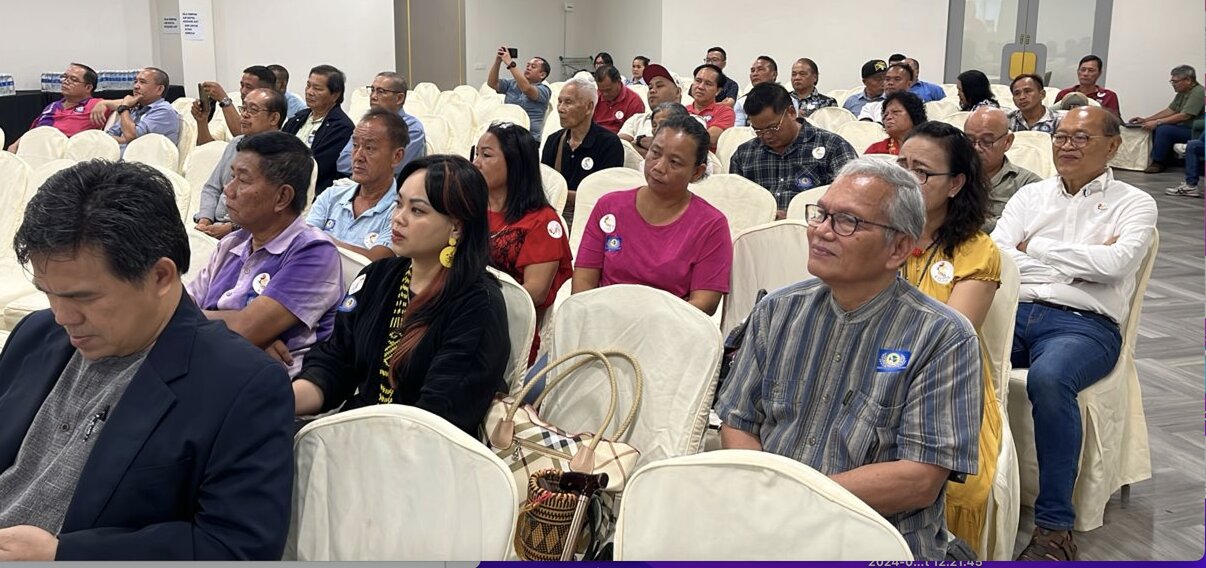One of the recurring issues of discrimination against Sarawak’s native people’s to be raised at the Dayak Forum in Miri last weekend was the obstinate withholding by the state authorities of the rights of recognition owed to native people of the interior.
Many of these communities have lived in the state since time immemorial (longer than many represented in the state government) and yet they have been denied statehood and all the vital opportunities for recognition, representation and social benefits that brings.
Laeng Kulay speaking from Tering Association recalled how this matter had been raised with Malaysia’s human rights commission Suhakam back in 2015. The method for granting IC status employed by the government at that time was very detrimental, he said, as it required the indigenous people to present themselves at specified offices in the distant regional centre together with correct documents and written information.
Without support and information this made it impossible for uneducated communities without transport or guidance on how to register their families. Therefore, it was suggested that JPN officers go to the interior areas, bring the forms, and assist in filling them out. He said that despite the promises made back in 2015 there have been no outcomes ten years later.
Elia Bit from PENA (Penan Empowerment Networking Association) responded by pointing out that, following the change of government in 2018, a special mobile unit from JPN had been created to go to the interior areas to register people, and there was an increase in this activity at that time.
However, she explained, once the special unit returned to the office, not all of the application documents for ICs were processed. Instead they were left on the desk. Ms Bit said the situation has left her hugely frustrated not least because of the difficulties in checking for updates from JPN on all the applications they had made in the field.
The phone line in Ms. Bits area is also a problem, making it hard also for her to communicate with JPN. Therefore, she suggested appointing a special body for registration cases in Sarawak. This body should be independent of politics or any agencies to ensure transparency in the citizenship registration of indigenous people.
That suggestion would appear to be the bare minimum that should be expected from this foot-dragging state department. Furthermore, there should be an enquiry set up into the motivations behind this reluctance to accord the interior native people’s their basic rights over the past half century with a view to compensation for this hugely damaging injustice.
Whatever autonomies Malaysia’s federal government may feel obliged to offer the North Borneo states in return for their political support, the human rights of the denizens of Malaysia are its responsibility. If state governments are neglecting those rights it is the legal duty of the national government to take action.

